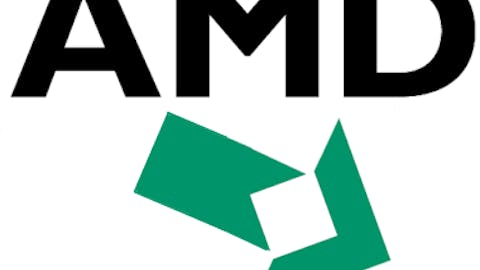For decades, the Japanese economy has stood as a warning sign of what can go wrong when government debt reaches extremely high levels. Yet even though Japan’s Nikkei 225 stands at less than a third of its record high from 1989, the Japanese stock market has made big strides forward in the past few months, climbing nearly 3,000 points — or 35% — just since mid-November. Is the land of the Rising Sun seeing a sustainable recovery, or is this just the latest in a series of false starts that Japanese investors have suffered through over two lost decades? Let’s take a closer look.
Japan and the currency wars
Around the world, foreign currencies have been a major topic of economic discussion. With the capacity to affect import and export markets greatly, the tug-of-war of countries trying to spur competitive advantages in the global economy has involved most of the major economies in the world.
But until recently, Japan had bowed out of such manipulations, largely to its detriment. From 2007 to 2012, the yen had risen from 125 to the U.S. dollar to less than 80, even as the euro oscillated up and down and the British pound actually lost ground against the dollar.

The Japanese government has encouraged the move, as it has increasingly used more aggressive rhetoric along with policy moves to weaken its currency. In January, criticism that the country’s easy monetary policy was deliberately intended to spur further declines in the yen sparked concerns that it could trigger a new round of competitive devaluations, resulting in a currency war that could destabilize the entire world economy. Yet even though Japan has backed off its rhetoric, the yen has remained weak, and some think the currency could fall to a single U.S. penny in the near future.
Borrowing a page from the U.S.
At the same time, Japan has attempted to boost its economy with a large stimulus plan similar to what China and the U.S. have put in place. Prime Minister Shinzo Abe fulfilled a campaign promise by getting a $117 billion stimulus package passed, with an emphasis on disaster recovery and other public works projects, as well as small-business financing and greater defense spending. Abe hopes that the stimulus will lead to a rise in GDP of 2 percentage points and create about 600,000 new jobs.
The problem, though, is that the government has pursued similar policies at various times during the two decades in which Japan has endured its slow economy. As the U.S. has discovered, one-time stimulus measures have one-time economic effects, but in order to sustain the growth that those measures produce, a government has to go back to the well repeatedly. That risks creating the very moral hazard that governments try to avoid.
The stock market impact
The combination of a falling yen and better prospects for exporters has led to huge enthusiasm for Japanese stocks. It’s important to remember, though, that after such a big drop in the yen, the return for U.S. investors has been far lower in dollar terms, as investors in the dollar-denominated iShares MSCI Japan have made a smaller jump of 18% since mid-October, well below the 30% gain in yen terms. The prospect for further devaluation has actually led to the rise of currency-hedged stock funds, which use currency strategies to try to track local-index moves without adjusting for changing foreign exchange rates.
Even after the big increase, perspective on Japan’s longer-term woes is important. With the economy still facing huge amounts of government debt, an aging population, and increased competition from China and elsewhere in its region, Japan is far from having solved its economic woes just yet. That makes the Japanese market far from a sure thing right now.
The article Is the Sun Finally Rising on Japan? originally appeared on Fool.com.
Fool contributor Dan Caplinger has no position in any stocks mentioned. You can follow him on Twitter @DanCaplinger. The Motley Fool has no position in any of the stocks mentioned.
Copyright © 1995 – 2013 The Motley Fool, LLC. All rights reserved. The Motley Fool has a disclosure policy.





